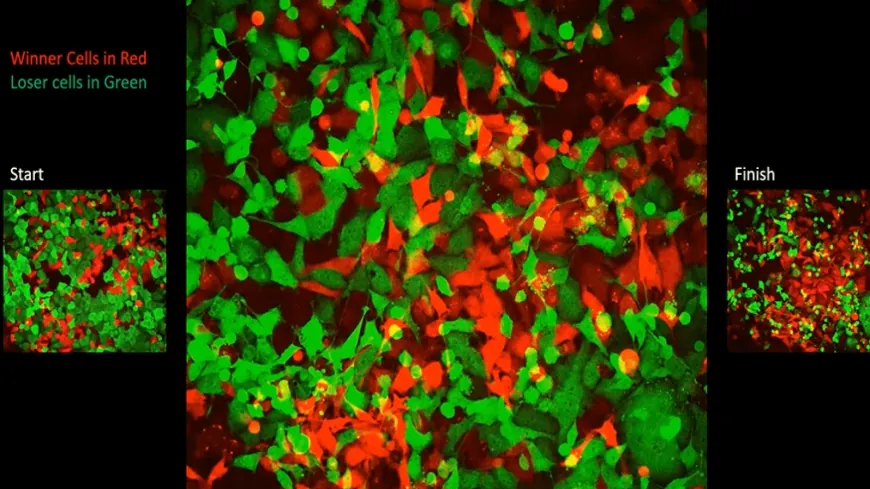VCU’s new genetic code identified in cancer research could lead to new treatments

RICHMOND, Va. (WRIC) -- A group of scientists at VCU Massey Comprehensive Cancer Center has uncovered a new genetic code that deploys a cluster of cells that attack healthy organs and overpowers the normal cells.
This discovery could introduce an entirely different understanding of the origins of cancer within the body, as well as offer insight into new treatments that could target the growth of tumors in their earliest stages.
The study authors have developed an intravenous therapy that boosts healthy cells to produce an immune response and build up a defensive resistance against these invading tumor cells. This treatment has already been proven effective in ovarian tumors, but the research could be universal to all cancer types.
“We identified a biological mechanism through which cancer cells gaslight the human body, altering the genome of the host cells and forcing them into a state of low fitness, creating an enormous advantage for the cancer to take over,” said study author Esha Madan, Ph.D., member of the Cancer Biology research program at Massey.
“We have developed a monoclonal antibody which can stop this process. There are many targeted drugs already available to treat tumors, but for the first time ever we are enabling our entire body, beyond the immune system, to fight back against cancer,” Madan said.
The Massey researchers have patented a monoclonal antibody, a manufactured drug administered by infusion that targets and binds to the Flower gene, which has reduced cancer growth and improved survival in models of ovarian cancer.
“We know that early detection is paramount to favorable patient outcomes,” said study co-author Robert A. Winn, M.D., cancer center director and Lipman Chair in Oncology at Massey.
With the monoclonal antibody showing promise in ovarian cancer, the researchers believe the findings will have broad involvement in treating all types of tumors in their earliest form.

 VENN
VENN 





